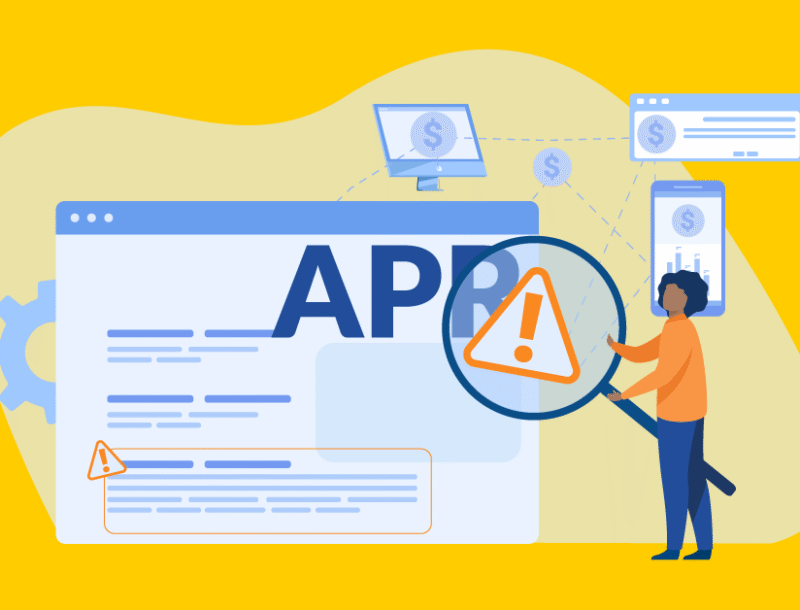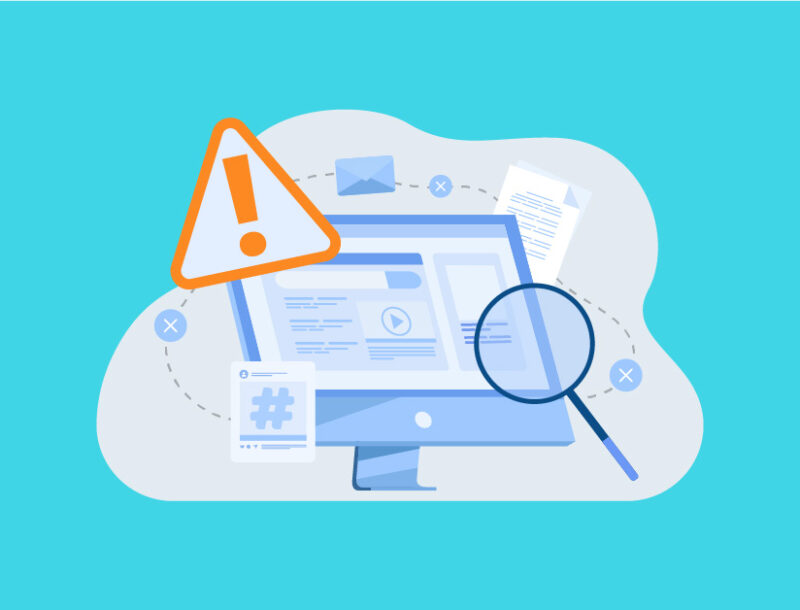The CFPB's Complaint Database: Why It Should Be A Staple in Your Compliance Process

As part of the COMPLY Summit Series, we had a virtual discussion with Richard Cordray, former Director of the CFPB, where he shared his insights on a range of timely topics including: managing a remote workforce, navigating the regulatory landscape, creating a strong compliance practice, and how to mitigate risk and avoid enforcement actions from the Bureau. With so much content applicable to compliance professionals and beyond, we’re going to go in-depth on each topic in a series of blog posts in the coming weeks.
For part 3, we’ll share Cordray’s insights on the CFPB’s Consumer Complaint Database, its purpose, why financial institutions should be utilizing it, and how it can help mitigate risk during a pandemic and beyond.
Why the Database Was Created
Established in 2012, the CFPB’s Complaint Database gathers consumer complaints about financial products and services, which are then sent to the respective company for a response. Through this, the CFPB analyzes consumer complaint data to identify trends and possible issues within the marketplace, helping them to both inform and empower consumers, companies, and advocates. When these individual anecdotes and stories aggregate together, Cordray says, they turn into meaningful data that can help guide financial institutions in the right direction.
“When I was at the Bureau, these valuable inputs helped guide and shape our agenda-rather than me deciding what was the right thing to do for consumers.” – Richard Cordray
Simply put, this is consumers telling the CFPB themselves what they need and how the bureau can be responsive to that.
What the Bureau Uses the Database For
It’s important to note that the Bureau doesn’t aim to use the Consumer Complaint Database in a prosecutorial way, Cordray explained. They give the company a first crack at resolving and responding to a complaint in a manner they deem appropriate before getting involved.
If the Bureau begins to see a pattern of non-responsiveness from a company, a company not providing the relief consumers are entitled to, or a company that appears to be using unfair and deceptive practices, the CFPB would launch an investigation into those situations. Companies with poor responses-both in quality and in quantity-as well as companies whose practices were found to be disingenuous or misleading, risk being fined or facing an exam-focused enforcement action on that specific issue.
How the Database Can Help Companies Mitigate Risk
“The database is especially valuable to compliance officers, as the data provided gives them a window into what’s going on at other companies in their whole industry, as opposed to just hearing what their own customers are saying.” – Richard Cordray
Having the opportunity to see what other companies are doing, understand if they’re seeing something different in the marketplace, or recognize what problems they’re running into that your company hasn’t seen or addressed yet, can help you get ahead of the curve. The ability to foreshadow any potential situations will help you mitigate any risk that your company may face in the marketplace.
Utilizing the Database During A Crisis
In the midst of a crisis-especially as financial institutions continue to reevaluate and move forward with business throughout a pandemic-it’s worth looking at the consumer complaint database to understand what consumers from all over the country are saying about your organization and your competitors to understand what you can learn from them.
As of right now, March and April presented record months for complaints to the CFPB database, reaching 33,000 in the month of April alone. A majority of these complaints were linked to the impact COVID-19 has had on consumers and the financial uncertainty that many are facing. Rising complaints were centered around mortgages and credit card products, with consumers hoping to refinance or negotiate new loan terms or inquiring about suspending or reducing their monthly payment amounts.
The current state of the pandemic is adversely affecting consumers’ ability to pay their bills and maintain a sense of financial security, therefore companies should be hypersensitive to these types of inquiries coming through their call centers. Utilizing the information provided by the Consumer Complaint Database, monitoring for these types of requests, and focusing on taking action quickly will allow companies to get ahead of the curve and address these situations appropriately and adequately.


